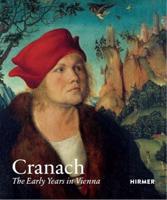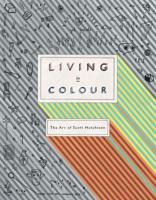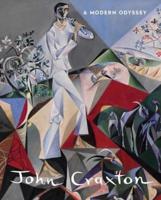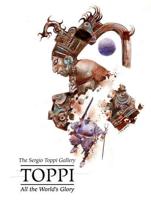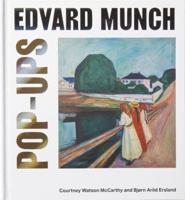Publisher's Synopsis
John Singleton Copley was the leading portraitist of the American colonial era. This volume, which accompanies a major exhibition of Copley's work organized by The Metropolitan Museum of Art, New York, and the Museum of Fine Arts, Boston, focuses on the paintings, miniatures, and pastels which Copley produced before he moved to London in 1774. In four principal essays, a team of experts places Copley's work in historical and social context, and brings new critical methods to bear upon traditional aspects of the study of portraits and portraiture. Among the conclusions are that Copley's portraits helped to shape pre-Revolutionary culture, and that their content was market-driven in a relentlessly consumerist, anglophile society. Four shorter texts treat Copley's use of costumes in his portraits, his achievement as a miniaturist, his pastels, and the frames he used for his work. Catalogue entries on the color plates detail the sitters' lives, decode the emblematic language that reflected status in colonial society, and reveal the way Copley contrived to enhance his subjects' status. The exhibition with which the book is timed to coincide opened in June 1995 in Boston and in September 1995 in New York, and traveled subsequently to Houston and Milwaukee. [This book was originally published in 1995 and has gone out of print. This edition is a print-on-demand version of the original book.]

